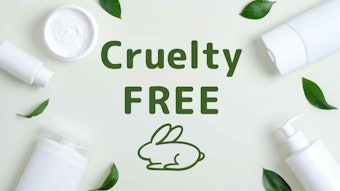San Diego-based Organovo, a company that designs and creates three-dimensional (3D) human tissues for use in medical and cosmetic research, announced a partnership with cosmetics giant L'Oréal to develop 3D bioprinted skin tissue for the beauty product testing.
The substrate proposed by Organovo would consist of real human cells assembled by a printer into a three-dimensional tissue, to which L'Oréal could then apply test anti-wrinkle creams or tanning lotions to test for changes in tissue texture or hue.
Keith Murphy, CEO of Organovo, noted in a press statement that many types of tissue can be built using human cells as the "ink" in a 3D printer. Further, layering different types of tissue better mimics the complexity of actual human skin, creating a full thickness model as opposed to only the top layer.
3D printing is not new to cosmetics R&D. As recently reported, its applications for packaging prototypes have been implemented in manufacturers' product development processes. Even at-home cosmetic product "print-outs" are being sampled by some savvy consumers.
For product testing, however, beyond textural substrate skin models, the 3D bioprinting of living test substrates is in its infancy. And while cosmetics and personal care companies have moved away from animal testing, current skin substitutes have limitations. Therefore, innovations such as these hold new promise.
Organovo's affiliation with L'Oréal represents the company's first foray into cosmetics. The company also is working on 3D-printed liver and kidney cells for drug testing.
According to Murphy, this partnership is a great next step to expand the applications of Organovo's 3D bioprinting technology and create value for both companies by building new breakthroughs in skin modeling.

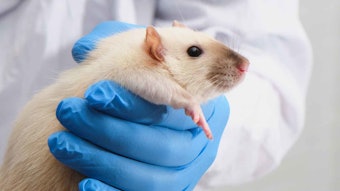


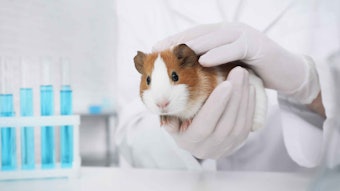

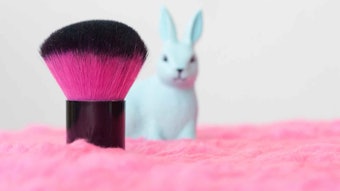
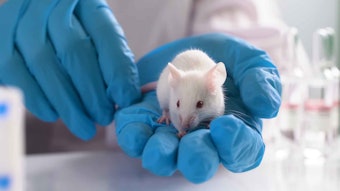

![A 2019 petition to the House of Commons stated, 'We, the undersigned residents of Canada, draw the attention of the House of Commons ... [that] animal testing is unnecessary to prove the safety of cosmetic products.'](https://img.cosmeticsandtoiletries.com/files/base/allured/all/image/2023/01/animal_testing_ban_canada_dreamstime_m_215632720.63d313232306d.png?auto=format%2Ccompress&fit=crop&h=191&q=70&rect=0%2C73%2C1800%2C1013&w=340)
